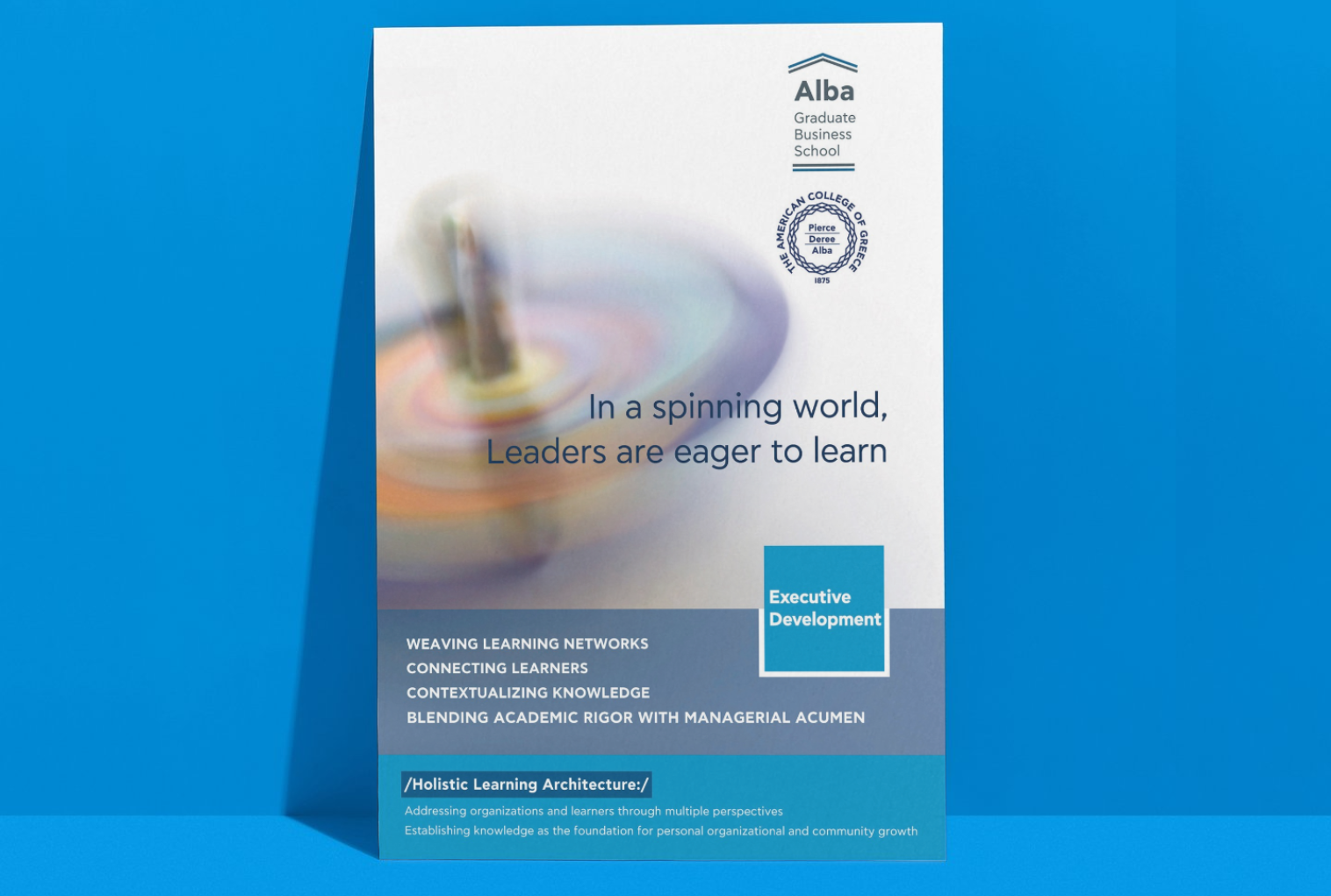Business Analytics in Decision Making
OVERVIEW AND SCOPE
Business executives make decisions under significant uncertainties. Data, on the other hand, can be transformed to information helping managers to reduce this uncertainty. The abundance of data generated by digitization and the technological evolution means that, moving forward, the business decision should rely more and more on information.
This short program aims to provide a fundamental understanding of how analytics can enhance the business decision-making process in modern corporations. First, we lay the foundations of business analytics, focusing on how to get started and what resources, skill sets and organization elements need to be in place for long-term success. Then we review how to employ descriptive analytics and inferential statistics to make informed judgements. Next, we focus on prediction and forecasting. Throughout the course, we will use common tools like spreadsheets to apply the methods. Our focus will also be on how to convey the analysis results effectively. This will be an interactive, thought-provoking mini-series with presentations, case studies and break-out groups to allow for an in-depth understanding of the topics.
CONTENT AND FLOW
- Business Decisions & Analytics
To convert data to information through analytics, organizations will need to invest in skills and processes. The purpose of the first session is twofold. First, we will focus on the organization elements that need to be in place for analytics to be successful. Second, participants will be introduced to the challenges inherent in intuitive decision-making processes and review how analytics can be used to address these challenges.
- Data exploration & Experimentation
Data exploration and experimentation are critical components of modern business decision-making, enabling organizations to derive actionable insights and validate strategies in a systematic way. Data exploration involves uncovering patterns, relationships, and anomalies, often using visualization tools and descriptive statistics. Experimentation complements this by testing hypotheses in controlled settings, such as A/B testing or pilot studies, to measure outcomes and refine decisions based on evidence rather than intuition. Together, these approaches foster a culture of data-driven decision-making, allowing businesses to adapt quickly to changing market conditions, optimize processes, and enhance customer experiences.
- Prediction and classification
Organizations need to anticipate future trends and to predict the outcome of different strategies. Prediction focuses on forecasting outcomes based on historical data, leveraging statistical models, or machine learning algorithms. Classification involves categorizing data into predefined groups, such as segmenting customers by behavior or identifying fraudulent transactions. This session provides a comprehensive overview of these methods and delves into how they empower businesses to (a) proactively adapt to changes in market demand, refining strategies to stay ahead, (b) minimize costs and maximize sales by reducing overstocking and stockouts through accurate demand forecasting and (c) enhance customer satisfaction and retention by predicting purchasing patterns and tailoring services accordingly.
- Decision making under uncertainty
In the final session, we discuss the fundamental ingredients of the decision-making process and how uncertainty generates complexities. We will apply this process to reflect upon important decisions that we make at work. Finally, we will discuss how to measure the impact of uncertainty. Specifically, we use case studies to illustrate how executives can incorporate uncertainty into the decision-making process giving their organization a competitive advantage
PARTICIPANT PROFILE
- Corporate executives and professionals that wish to understand the value of data in decision making.
- Corporate Managers and SME managers that need to acquire a toolset that will help them to effectively use and evaluate data in order to make decisions.
- Executives across levels and functions that aspire to develop managerial thinking and decision making effective decisions.
FACULTY
CONTACT INFORMATION
We would be pleased to address any enquiry you might have and to assist you in any way we can.
Marianthi Karaiosifoglou
Tel.: +30 210 89.64.531(ext. 2213)
E-mail: [email protected]
ONLINE APPLICATION
Seminar fees are sponsored by SEV.
Registration fee of 50 euro to be covered by participating executives/ companies, as a donation to the NGO Εστία Κοριτσιού Φιλοθέη η Αθηναία. Find more information and bank tranfer details here
Participation in the seminar is activated on a first come-first served bases, by sending the deposit slip to the Executive Development, Mrs M. Karaisofoglou, [email protected]. Ιn the payment details, please indicate full name, company name and seminar title.
Upon submitting the online application, you will receive an email at the address you have provided, with detailed instructions for the process of depositing the amount to the charitable organization and the participation in the seminar. Please check your spam folder regularly!




